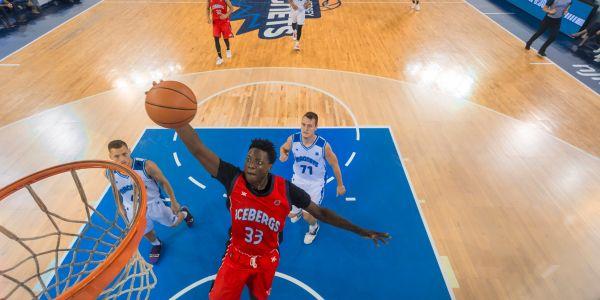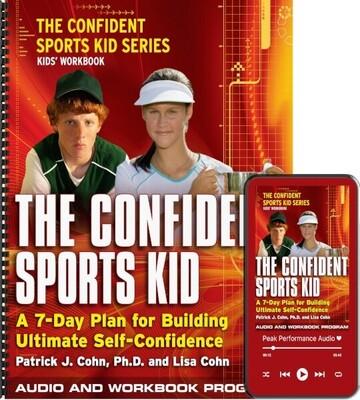
How to Handle Criticism
How has negative criticism affected your young athlete’s confidence in past athletic competitions?
Even though criticism can be helpful, it is also hurtful. Negative criticism can cause kids to doubt their abilities. It can destroy their confidence.
Negative comments from media, parents, teammates, coaches and fans can cause kids to feel angry and frustrated.
When sports kids are playing at a high level, compliments and praise are heaped on them. However, when they underperform or make costly mistakes, the naysayers and critics appear
If kids are not mentally skilled enough to handle negative criticism, they may give up altogether on pursuing their goals.
Since negative criticism is unavoidable, young athletes need to learn how to handle it effectively so it doesn’t undermine their confidence, focus or performance.
Kids have several options for dealing with negative criticism:
- Sift out the negative: When athletes receive negative criticism, they should identify beneficial information and disregard the rest.
- Take out the trash: If the criticism is unjust or merely insults, young athletes should ignore it.
- Think big picture: Sometimes, kids will underperform, and judgmental comments will come their way. They need to keep their eyes fixed on their ultimate objective.
Although athletes cannot control others’ actions, they can control how they respond. Great athletes focus on what they can control.
Carolina Panthers quarterback Bryce Young has received a lot of negative criticism from fans, sports commentators and social media despite being in the NFL for less than two seasons.
Young was drafted first overall in the 2023 NFL Draft, along with the hype came high expectations. Young finished his rookie season with 2,877 yards, 11 touchdowns, and 10 interceptions, leading the Panthers to a 2–15 record.
After the Panthers lost their first two games of the 2024 season, Young was the target of a lot of negative criticism.
Though Young acknowledged the heavy criticism, boos and pressure, he stated his confidence remains high. Instead of focusing on the negative, Young is focused on the big picture.
“I understand the frustration [of the fans],” he said. “I know this city loves the Panthers. That passion is something I respect, and I share that same fire. We’re all disappointed, but this is part of the journey.”
Young has focused on putting in the work and developing his quarterback skills rather than dwelling on the losses and negative criticism.
“This is part of the process,” he said. “There’s no growth without challenges. I’m committed to this team, and we’ll get better. We just have to stay the course.”
Negative criticism may hurt, but it doesn’t need to hurt kids’ performance. Dealing with criticism requires understanding what they can control, maintaining a positive mindset, and tuning out extraneous noise.
When dealing with negative criticism, it is important to separate the good from the bad.
In other words, what information is beneficial or helpful, and what comments are trash? This insight will help young athletes stay focused on positive steps they can take to improve their game.
Related Kids Sports Psychology Articles:
- Self-Motivated or Parent Driven Athletes?
- Helping Sports Kids Develop an Emotional IQ
- Success Tips for Parents: Kids Who Stop Trying
*Subscribe to The Sports Psychology Podcast on iTunes
*Subscribe to The Sports Psychology Podcast on Spotify
THE CONFIDENT SPORTS KID (DIGITAL DOWNLOAD)

“The Confident Sports Kid” program is actually two programs: one that teaches sports parents how to boost their kids’ confidence, and another that teaches young athletes age 8 to 18 how to improve their self talk, avoid negative thinking, overcome expectations that limit confidence, and much more. The program will help kids boost their confidence in sports and life…and enjoy sports more.
The Confident Sports Kid Audio & Workbook program teaches your athletes how to identify confidence busters, proactively deal with them, manage expectations that undermine confidence.
